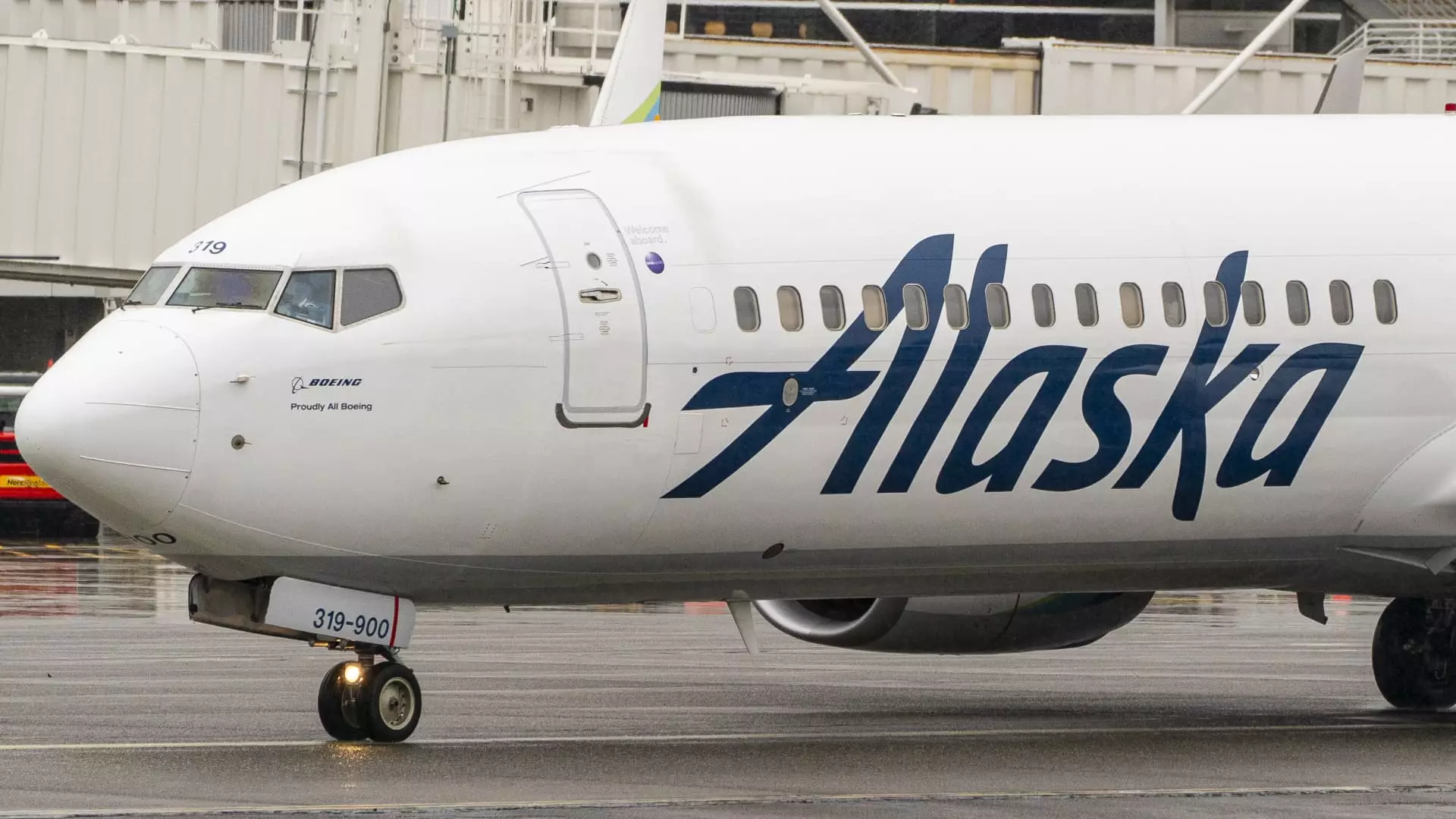The recent rejection of a new labor deal by Alaska Airlines flight attendants has caused a stir within the aviation industry. The proposed agreement, which promised immediate raises averaging more than 24%, was turned down by the union representing the flight attendants. This decision has opened up the opportunity for further negotiations between both parties as they navigate through the complexities of a potential merger with Hawaiian Airlines.
Details of the Proposed Agreement
The tentative agreement, reached in June, was described as a “record” deal by the Association of Flight Attendants-CWA. It included provisions for boarding pay, back pay, and an average pay increase of approximately 32% over a three-year period. Despite these seemingly generous terms, the flight attendants’ union felt that there were unresolved issues that needed to be addressed before they could accept the deal.
In response to the rejection, the airline expressed its commitment to finding a resolution that recognizes the vital role of its flight attendants and contributes to Alaska’s long-term success. The union stated that they would conduct a survey among its members to identify key concerns and areas of improvement, with the intention of returning to the negotiation table with a more informed perspective.
The rejection of the labor deal by Alaska Airlines flight attendants is reflective of a broader trend within the aviation industry. Following the disruptions caused by the Covid-19 pandemic, airline workers across the board have been advocating for better pay and working conditions. These demands have led to tense negotiations at various airlines, with pilots and other staff members seeking to improve their compensation packages.
Comparative Analysis
While some major carriers have successfully negotiated new contracts with their employees, others are still in the process of finding common ground. For instance, American Airlines recently reached a deal with its flight attendants union, which is currently undergoing a ratification process. On the other hand, United Airlines is still engaged in discussions with its flight attendants’ union to finalize a new contract.
The rejection of the labor deal by Alaska Airlines flight attendants underscores the importance of effective communication and collaboration between employers and employees in the aviation sector. As the industry continues to recover from the impact of the pandemic, finding mutually beneficial solutions to labor disputes will be essential for sustaining long-term growth and success.

